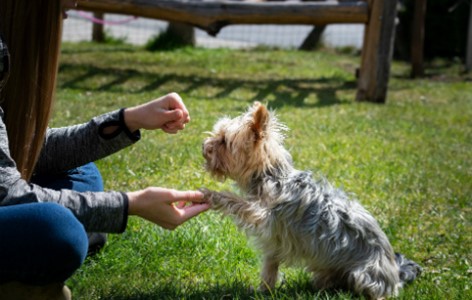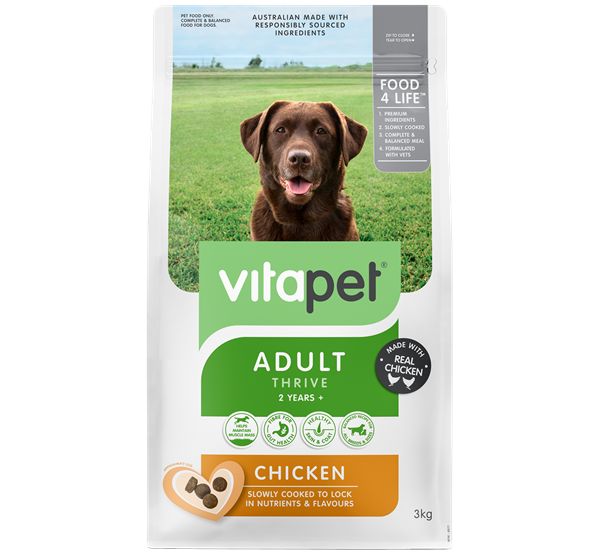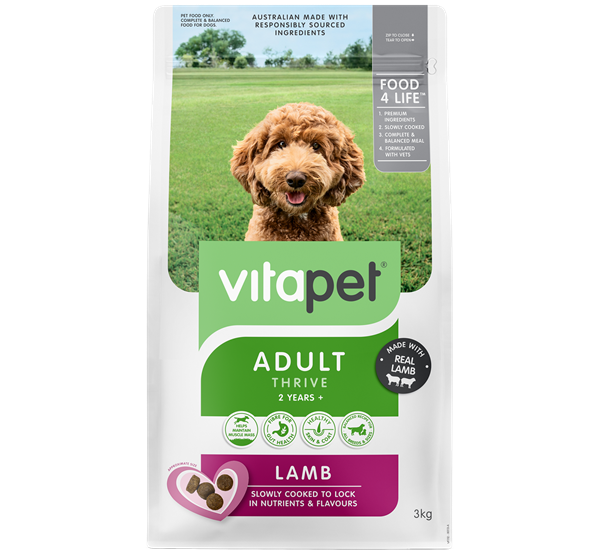Many prospective dog owners think about getting two puppies at the same time because of the perceived benefits of being able to keep each other company. Then there’s the opposing argument of “litter syndrome” (which I outline below). So are two puppies better than one, or are they just double trouble? The truth is - it depends. Let’s consider the main benefits and drawbacks of getting two puppies at once.
Benefits of getting two puppies
Puppies are social animals and tend not to cope very well if left alone all day. Getting two puppies can help to ensure they always have company, even when you’re not home. They can also play with one another when home alone which can help to reduce destructive behaviour.
The other obvious benefit is that you’ll get double the love and joy from two puppies.
Drawbacks of getting two puppies
Although you’ll get double the love with two puppies, you’ll have to put in twice as much work. Puppies need a substantial investment of time for things like training, socialisation and grooming. Two puppies will also cost you twice as much for food, vet care, pet insurance and all the other costs associated with caring for a dog (e.g. bedding, lead and collar, food and water bowls etc). Two puppies might also make twice as much mess!
It’s important that bonded puppies learn to cope with separation from one another. This will make it much easier to take one to the vet (if needed). Bonded puppies that are never separated are more likely to experience distress in response to separation.
Aggression between puppies (and adult dogs) living in the same home is can occasionally be a problem, particularly as dogs reach social maturity. However, this can generally be avoided by reducing competition for high value resources such as food, chew toys, bedding, and even your attention.
Be sure to ‘share the love’ and have two of the items that are particularly important to them, when appropriate.
Littermates vs unrelated puppies
You may have heard the term “littermate syndrome”. This refers to intense aggression between littermates particularly when they reach social maturity. However, there is no scientific evidence to support this phenomenon. Many dog owners and breeders have littermates without issues so it’s untrue that all littermates will eventually display aggressive behaviour towards each other. Rather, “littermate syndrome” likely arises due to several specific problems that can occur when people raise siblings. These include inadequate socialisation, alone time, environmental management and not meeting the physical, psychological and social needs of the two dogs. These same issues can be a problem in unrelated puppies of the same or different breed.
Does the breed or sex of the puppies’ matter?
There’s very limited research investigating whether certain breeds are more suited to having a sibling in the home. The most important consideration when deciding on the breed of your puppies, is that you choose a breed well suited to your home and lifestyle. Choosing a breed known to be very social can also help.
Some research suggests that same sex littermates can be more likely to develop aggression towards one another, especially two females1.
For this reason, it’s usual recommended to get a male and female if you want two puppies.
Other considerations
If you’re thinking about getting two puppies it’s important to do your research so you understand exactly how much time, energy and money is involved in caring for two puppies and that you can provide for their physical, psychological and social needs. Doing so will help to avoid problems and ensure you and your puppies live happily together.
Source: Wrubel, K. M., Moon-Fanelli A. A., Maranda L. S., and Dodman N. H. (2011). Interdog household aggression: 38 cases. Journal of the American Veterinary Medical Association 238, pp. 731-50.























